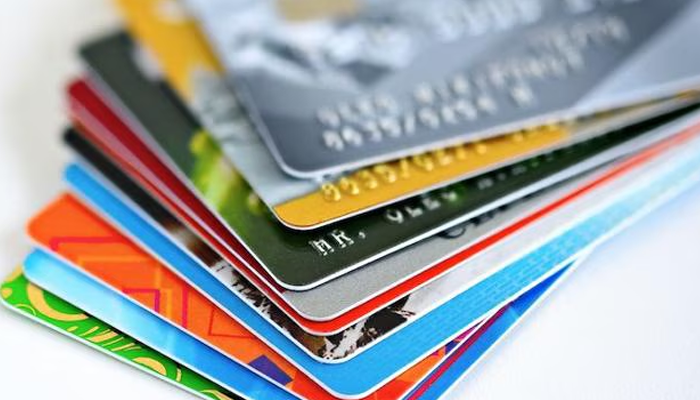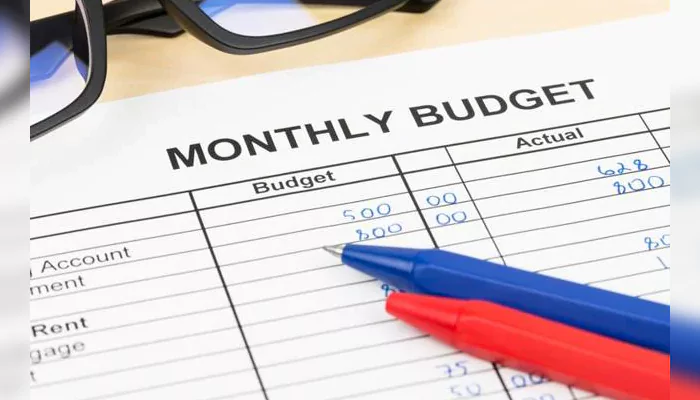Maldives Adopts UPI: Here are the Countries Which Have Accepted India's Digital Payment System
- Devyani
- 1 year ago
- 2 minutes read

Maldivian President Mohamed Muizzu has announced plans to implement India's Unified Payment Interface (UPI) in the Maldives.

Mohamed Muizzu
UPI, developed by the National Payments Corporation of India (NPCI), is a mobile-centric payment system designed for easy transfers using QR codes or phone numbers. Unlike other digital payment methods, UPI directly debits linked bank accounts, ensuring a seamless process.
UPI can be accessed through BHIM, a native app, as well as third-party platforms like Google Pay, Amazon Pay, PhonePe, and BharatPe. Almost all Indian banks support UPI transactions, and unlike credit or debit card payments, UPI transactions come without any fees.
To combat fraud, NPCI has integrated security features such as linking UPI accounts to phone numbers, disabling access if the SIM card is removed. For added convenience, NPCI introduced UPI Lite, which allows transactions without internet or PIN, though it’s limited to Rs 500 per transaction and Rs 4,000 daily.
Countries Which Have Adopted UPI
- Sri Lanka
- Mauritius
- France
- UAE
- Singapore
- Bhutan
- Nepal
Global Expansion of UPI: Countries Embracing India's Digital Payment System
Bhutan was one of the first nations outside India to adopt UPI payments in 2021, in partnership with the Royal Monetary Authority (RMA) of Bhutan. It is also among the early adopters of RuPay cards.
France became one of the first European countries to embrace UPI payments, launching the service at the iconic Eiffel Tower in collaboration with Lyra. The French government has confirmed that more merchants across France and Europe will soon begin accepting UPI, which is expected to greatly benefit Indian travelers.

The UAE, India's third-largest trade partner, recently entered into an agreement with India to adopt UPI payments, in collaboration with Mashreq Bank.
Sri Lanka and Mauritius joined the list of countries accepting UPI on February 12, making it easier for Indian tourists to send and receive money there.
Currently, UPI is available in seven countries, and the number continues to grow steadily each month.
This initiative in Maldives is anticipated to offer substantial advantages to the Maldivian economy, such as greater financial inclusion, more efficient financial transactions, and strengthened digital infrastructure, according to a statement from the President's Office on Sunday.












